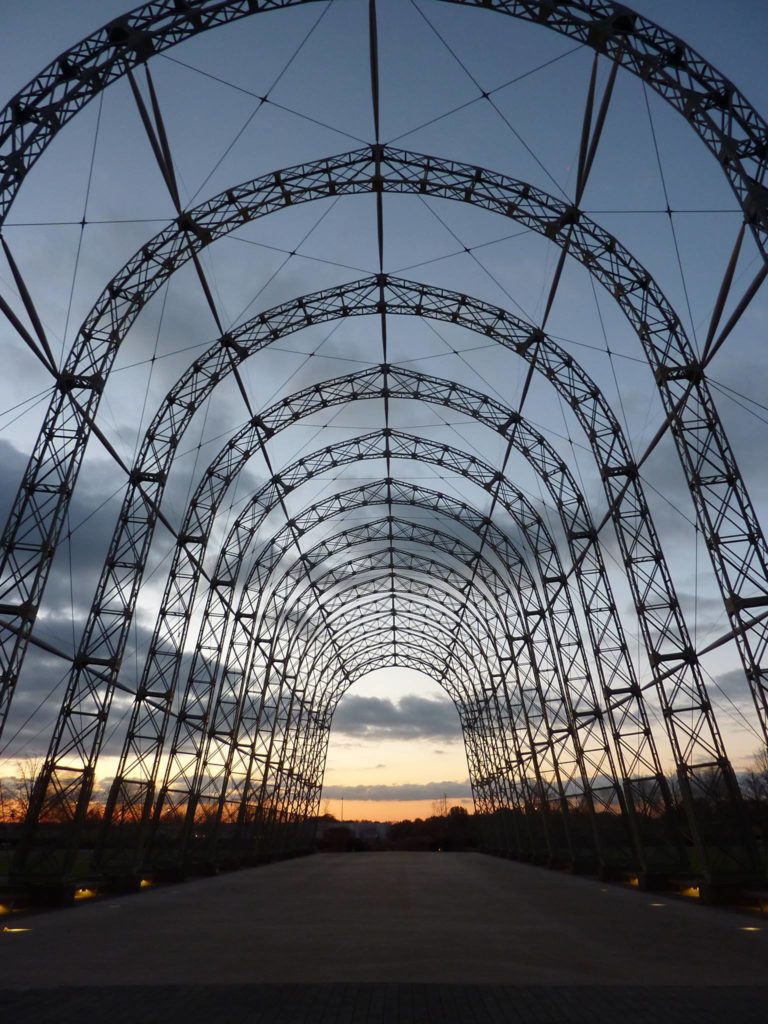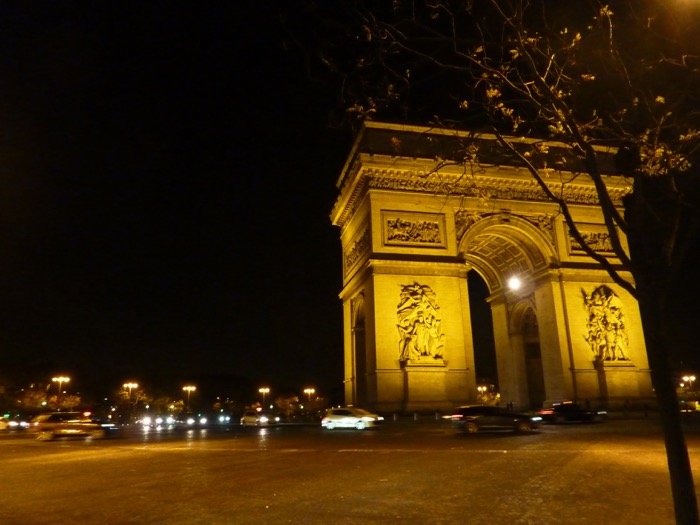The portable airship hangar at Farnborough
Exactly three years ago I was visiting the National Aerospace Library at Farnborough, the historic home of British military aviation going back to 1904 through the Royal Aircraft Establishment, Cody’s first flight, and the Army’s Balloon Factory. The site now seems to consist largely of a series of business parks — though the famous air […]



